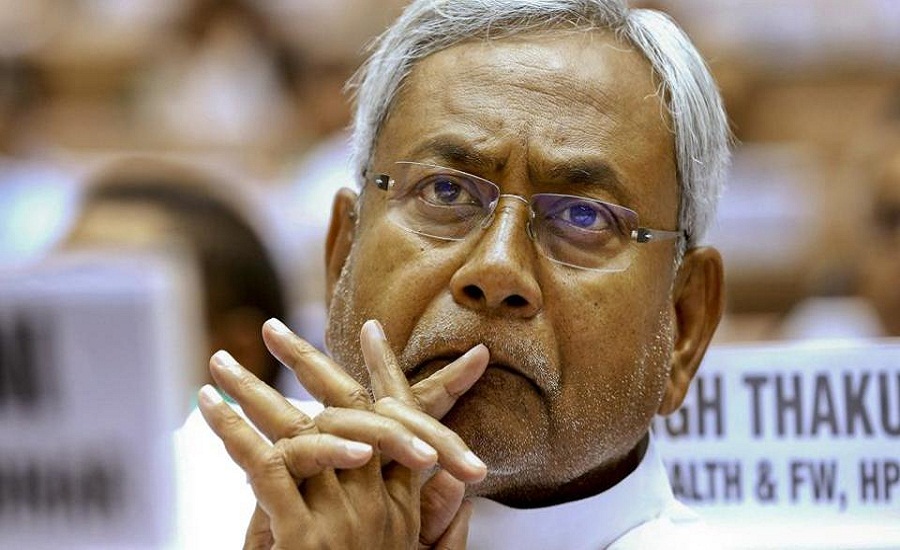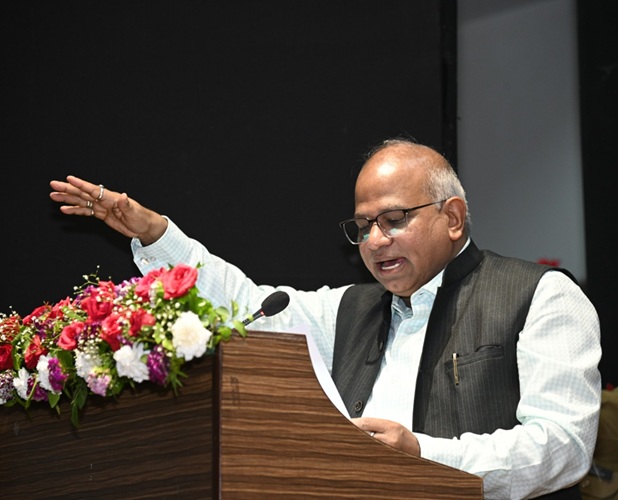The latest hooch tragedy, in which more than three dozen lives have been lost, exposes the fault lines of a political flop show
Abdul Qadir
As pressure mounts on Bihar Chief Minister Nitish Kumar for a review of the somewhat draconian prohibition law in Bihar, he finds himself caught on the horns of a dilemma. To Nitish’s discomfiture, on account of structural flaws and corrupt execution machinery, the policy itself has come under cloud. To make things more difficult for the Bihar CM, the vocal critics include alliance partners like state BJP chief Sanjay Jaiswal and former CM Jitan Ram Manjhi.
The policy has drawn flak for its unimaginative nature, shabby implementation and whimsical hard sell. Several hooch tragedies, particularly the latest one in which more than three dozen lives have been lost, exposed the fault lines of a political flop show.
The Prohibition Policy that has come to be identified as CM Nitish Kumar’s fad project and according to observers, it has added to the problems of the problematic state. For many, prohibition means replacement of liquor traders with bootleggers and home delivery of a ‘contraband’ item.
Irrespective of its political and moral quality, prohibition is an economic disaster, feel experts as apart from causing a revenue loss of an estimated Rs.5,000 crores per annum, the policy has added to the woes of the disadvantaged sections who comprise a vast majority of the nearly three lakh people jailed on charges of prohibition law violations.
According to official claims, about 4 lakh litres of liquor have been seized, 60,000 motorised vehicles impounded and penal action taken against 6,000 police and excise department officials taken for their alleged connivance with illicit liquor peddlers.
The ground reality is that drinks are available for the asking but only the cost has gone up. Whereas, in many cases, charges of innocent people being framed under the draconian act have come up, the list of violators almost totally excludes the big wigs of different sections including politics, bureaucracy, judiciary, police, medical professionals and other influential sections, who, by no stretch of imagination, must have overnight become teetotallers.
Porous border with Jharkhand, West Bengal, UP and Nepal is enough to thwart even sincere efforts to impose prohibition in the state. For a corrupt system, it has opened avenues for clandestine money making by those tasked with making the state dry.
Liqour smugglers have come out with innovative ideas to hood wink the law enforcing agencies and one such technique involves the use of ambulances to carry the contraband. Ambulances in Bihar have, in any case, been put to all kinds of misuses including sand transport.
Besides direct revenue loss, prohibition in the state has hit the already faltering hospitality sector really hard. Even in the pre-pandemic period, event managers shifted venue for product launches, corporate events and conferences, etc. to the neighbouring states, says Sanjay Singh, a Bodh Gaya-based hotelier.
The theory that only men drink and women suffer the consequences of booze is inherently flawed, says Arun Kumar Prasad, ex Principal, Mirza Ghalib College, Gaya. The incidence of liqour addiction among disadvantaged section women is not very insignificant and as such putting the ‘Daroobaz’ tag on men only is not fair, Prasad added.
Whereas political U turns come easily to Bihar CM, he is also perceived to be always self-righteous and somewhat obstinate and as such the Bihar CM is unlikely to say good bye to prohibition, as there is no existential threat to him on the issue and the Bihar CM, in any case, has entered the twilight phase of his otherwise eventful political career. Given his nature, the Bihar CM is unlikely to concede much ground to his detractors on the issue.
_________________






0 Comments